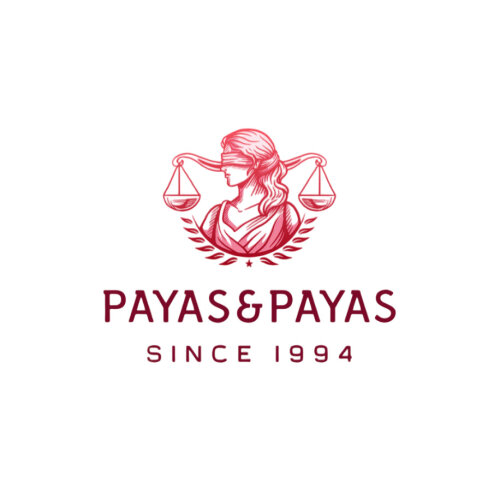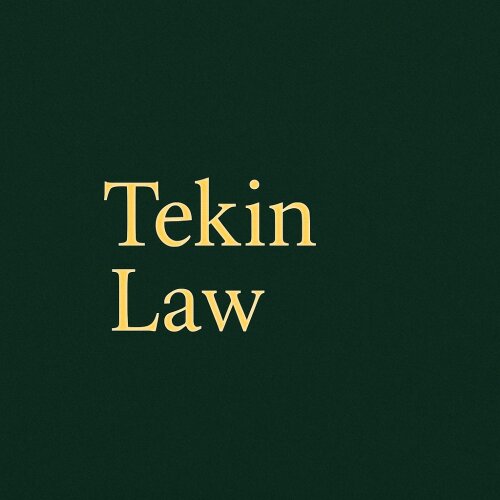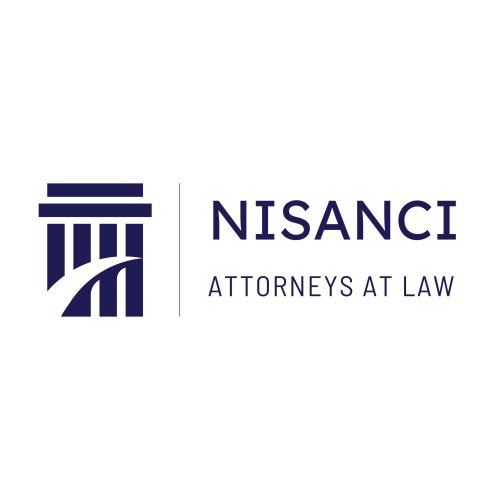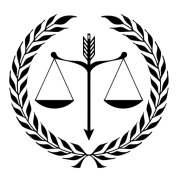Best Criminal Litigation Lawyers in Turkey
Share your needs with us, get contacted by law firms.
Free. Takes 2 min.
Or refine your search by selecting a city:
List of the best lawyers in Turkey
Legal guides written by Tekin Law Firm:
- Arbitration in Turkey
About Criminal Litigation Law in Turkey
In Turkey, criminal litigation involves legal proceedings in cases where an individual or entity is accused of committing a crime. The Turkish Penal Code governs criminal offenses, and the procedural aspects are managed under the Code of Criminal Procedure. The legal system in Turkey is primarily based on civil law traditions, and criminal cases typically proceed through investigation, prosecution, defense, and trial phases. The government prosecutes crimes, and the state is represented by public prosecutors. Courts aim to uphold justice by examining evidence and testimonies to determine guilt or innocence.
Why You May Need a Lawyer
Engaging a lawyer can prove crucial in several situations related to criminal litigation in Turkey. If you are accused of a crime, a lawyer can help you understand your rights, build a defense, and represent you in court. Victims of crime may also need legal assistance to ensure their interests are protected and justice is served. Additional scenarios where legal representation may be necessary include wrongful arrest, bail applications, navigating complex legal procedures, plea bargaining, and appealing a conviction or sentence.
Local Laws Overview
Several key aspects of local laws are particularly relevant to criminal litigation in Turkey. The Turkish Penal Code outlines various offenses such as theft, fraud, assault, and other crimes along with their respective penalties. The Code of Criminal Procedure sets forth the stages of criminal proceedings, from investigation to trial. Important principles include the presumption of innocence, the right to defense, and procedural fairness. Furthermore, specific provisions regulate the rights of suspects and victims, ensuring transparent processes and safeguarding human rights.
Frequently Asked Questions
What are my rights if I'm arrested in Turkey?
If you are arrested in Turkey, you have the right to remain silent, the right to legal counsel, and the right to be informed of the charges against you. You should be allowed to contact someone to inform them of your arrest.
How long can someone be detained without being charged in Turkey?
In Turkey, police can detain a suspect without charge for up to 24 hours, which can be extended to 48 hours in certain circumstances, such as if the crime is serious. During a state of emergency, this period can be longer.
Can I get bail in Turkey?
Bail is possible, but it depends on the severity of the offense, the risk of flight, the possibility of evidence tampering, and other factors. A court will decide on a case-by-case basis.
What is the role of a public prosecutor in criminal cases?
The public prosecutor is responsible for investigating alleged crimes, determining whether there is sufficient evidence to pursue a case in court, and representing the state during criminal trials.
Can I appeal a criminal conviction in Turkey?
Yes, if you have been convicted of a crime, you have the right to appeal the decision. The appeal process involves seeking a higher court to review and reconsider the judgment of a lower court.
How long does a criminal trial typically last in Turkey?
The duration of a criminal trial in Turkey can vary widely depending on the complexity of the case, the court's schedule, and other factors. Simple cases may conclude within a few months, while more complex cases could take years.
What should I do if I am a victim of a crime in Turkey?
If you are a victim of a crime, you should report the incident to the nearest police station. You may also seek legal representation to help navigate the criminal justice system and ensure your rights are protected throughout the proceedings.
Can a lawyer represent me in absentia if I am unable to attend court?
Under certain circumstances, a lawyer can represent you in your absence, especially for minor offenses. However, for most criminal trials, your presence may be required unless exempted by the court.
What are the possible penalties for committing a crime in Turkey?
Penalties for criminal offenses in Turkey range from fines and community service to imprisonment. The severity of the penalty is determined by the nature of the crime, its impact, and other relevant circumstances.
Is the legal process conducted in Turkish, or can translation services be provided?
Court proceedings are conducted in Turkish. However, if you do not speak Turkish, translation services can be provided to ensure you understand the proceedings and are able to communicate effectively.
Additional Resources
For those seeking more information or assistance with criminal litigation in Turkey, several resources are available:
- The Union of Turkish Bar Associations - A central body for licensed lawyers in Turkey.
- Ministry of Justice - Provides information on legal rights and the Turkish justice system.
- Legal aid offices - Offer services to individuals unable to afford private legal assistance.
- Local law firms specializing in criminal law - Provide personalized legal guidance.
Next Steps
If you need legal assistance in criminal litigation, consider the following steps:
- Identify the specific legal needs you have related to your case.
- Research and contact qualified criminal litigation lawyers or local law firms.
- Schedule consultations to discuss your case and explore potential legal strategies.
- Ensure you understand your rights and the legal procedures you will face.
- Decide on a lawyer to represent you based on experience, reputation, and your comfort level with their approach.
- Prepare all necessary documentation and information to assist your lawyer in building a robust legal defense or representation.
Lawzana helps you find the best lawyers and law firms in Turkey through a curated and pre-screened list of qualified legal professionals. Our platform offers rankings and detailed profiles of attorneys and law firms, allowing you to compare based on practice areas, including Criminal Litigation, experience, and client feedback.
Each profile includes a description of the firm's areas of practice, client reviews, team members and partners, year of establishment, spoken languages, office locations, contact information, social media presence, and any published articles or resources. Most firms on our platform speak English and are experienced in both local and international legal matters.
Get a quote from top-rated law firms in Turkey — quickly, securely, and without unnecessary hassle.
Disclaimer:
The information provided on this page is for general informational purposes only and does not constitute legal advice. While we strive to ensure the accuracy and relevance of the content, legal information may change over time, and interpretations of the law can vary. You should always consult with a qualified legal professional for advice specific to your situation.
We disclaim all liability for actions taken or not taken based on the content of this page. If you believe any information is incorrect or outdated, please contact us, and we will review and update it where appropriate.
Browse criminal litigation law firms by city in Turkey
Refine your search by selecting a city.
















